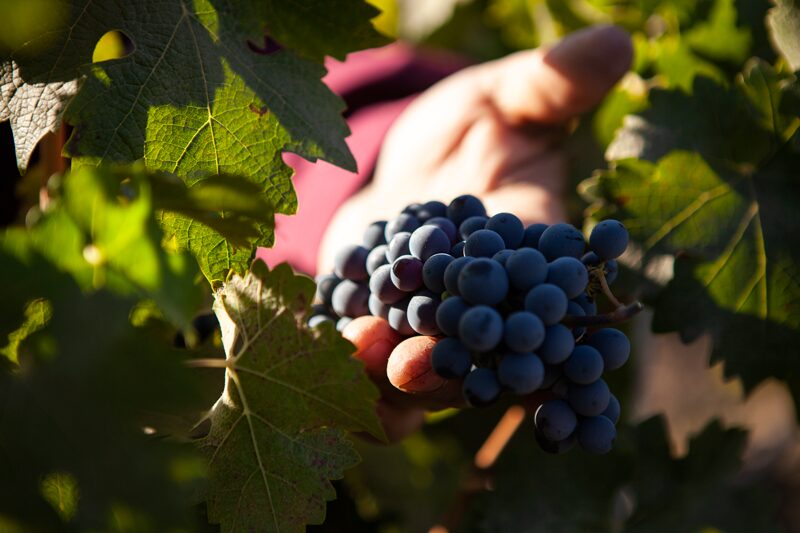The challenges of growing an organic Pinot Noir in Chile
In order to produce a unique Chilean Pinot Noir, Cono Sur has developed a production system based on sustainability and innovation. Time has taught us a great deal, and even though we have managed to reach a high quality standard in our organic wines, there are a few challenges that we still have to face.

Organic management has had a major national increase in the last few years. According to report “Agricultura orgánica: oportunidades y desafÃos” elaborated by the Ministry of Agriculture, in 2017 Chile registered 174.667 hectares of certified organic areas, which represented a 32% increase compared to 2016.
The same study shows that the organic area destined to wine growing has gone from 3.063 ha in 2016 to 4.446 ha in 2017; a 45% increase. Cono Sur has more than 300 hectares destined to organic management, almost 10% of the national’s total. The 20 years of experience has taught us a lot, but we still face a few challenges, especially when it comes to Pinot Noir.
- Difficulty in finding cool climate areas. The cool and dry climate of San Antonio and Casablanca valleys – the best regions for Pinot Noir in Chile – is unique, making it difficult to find areas with similar conditions to organically grow the variety.
- Sensitivity to nematodes. Pinot Noir is a variety that is easily affected by these little worms, especially when it is grafted. Organic management mitigates the possible attacks, but it still represents a great risk to the vine.
- In warm areas, the variety loses acidity. This also relates to the first topic. Pinot Noir requires very specific climatic conditions to deliver a perfect fruit, with just the right ripe and acidity. It needs deep soils and cool and dry climate.
- Sensitivity to mildew. Pinot Noir has a thin skin which makes it very vulnerable to mildew. The organic management gives the plant diversity of funguses that compete with one another, and mitigates the attack of the mildew. But it requires very close monitoring to assure that the grapes are in sanitary conditions.
- Sensitivity to botrytis. This also relates to the previous topic. Thin skin combined with very compact clusters give this fungus the perfect condition to attack the grapes, especially in years that present high humidity and low temperatures. This makes even more important the manual labor that takes place in the vineyard (like canopy management and pruning) which helps with air circulation in the vine, preventing the fungus.
- Sensitivity to sunlight and prone to dehydration. Again, the perfect climatic conditions represent a challenge when trying to find areas to organically grow this variety.
- Not resistant to frost. This variety is particularly vulnerable to frost.
As you can see, there are still many challenges when it comes to growing Pinot Noir, even more when it is grown organically. Nevertheless, in Cono Sur, we are constantly innovating and optimizing the ways we produce our emblematic variety. This is one of the reasons we have been featured among the most admired wine brand of the world.
Thanks to Chile’s advancements in organic management, it’s possible to produce this great red wine of international standards. In a report elaborated by the Ministry of Agriculture, in 2017, 670.000 liters of organic Chilean Pinot Noir were exported being the 5th variety in the ranking. Cabernet Sauvignon takes the first position followed by Sauvignon Blanc.